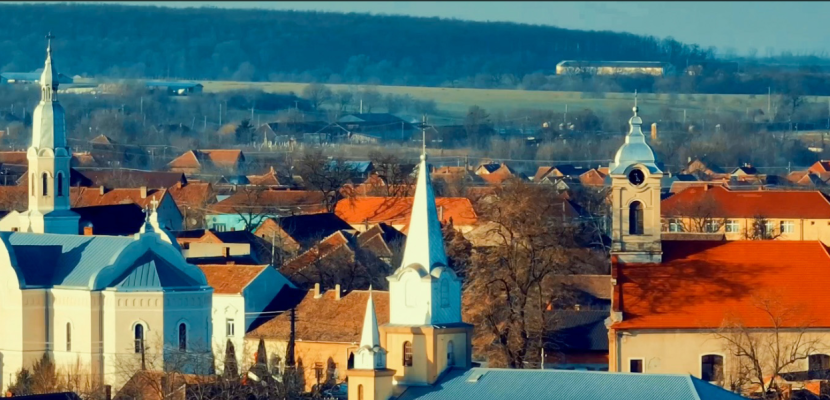
Renewable energy production with solar panels and local energy community in Buteni, Romania

About this good practice
The main problem addressed is the creation of a framework that would give residents the possibility to purchase electrical energy directly from members of the community. This assures that capital is kept within the residents of the commune, contributing to both economic and energetic stability. The proposed objectives were achieved with the installation of a total photovoltaic capacity of 800 kWp. The main stakeholders of the initiative are the local citizens.
The initiative primarily aims to tackle the issue of high electricity market prices, the strengthening of local energy security and combat energy poverty.More than a quarter of the population of Buteni commune had difficulties paying their energy bills. To tackle these challenges the local public authority offered support to more than 100 households to submit projects for installing PV systems.
The first step involved installing PV systems using available European funds,followed by the creation of a prosumer community. The initiative encouraged and supported residents to collectively apply for funding to install individual PV systems, thereby fostering civic responsibility and contributing to the local community and the energy stability of the commune. These actions support the potential formation of an energy community once it is regulated at the national level, aligning with the public authority's goal of becoming the first rural energy-active commune to achieve carbon neutrality by 2035.
Resources needed
The project required an investment of 720,000 euros. Most of the capital was accessed from government grants, 280,000 euros were from private funding. The calculations of the community indicate a payback of about three years.
Evidence of success
Photovoltaic panels greatly reduce the CO2 emissions of the commune.This practice implements an innovative citizens’ initiative as an energy supply solution.The aggregated system of 800 kWp could produce approximately 900 MWh annually, reducing the commune's emissions by approximately 240 tonnes.Sharing the electricity generated helps maximize the potential of the PV system and optimize these indicators. The practice also lead to significantly reduced energy poverty&grid dependancy in the town.
Potential for learning or transfer
Buteni commune serves as an exemplary model for other smaller towns looking to implement energy efficiency projects and secure funding for such initiatives.The results so far are exemplary: ca.20% of households are or will be prosumers in the future.The success of Buteni in this regard highlights the effectiveness of strategic planning and community engagement in achieving energy efficiency goals.By adopting a comprehensive approach that includes identifying funding sources, leveraging local resources, and fostering partnerships with relevant stakeholders, Buteni has demonstrated how smaller municipalities can overcome financial and technical challenges.Also, the commune's experience underscores the importance of transparency and communication in project management, ensuring that all community members are informed and involved in the process.This holistic approach not only contributes to the sustainability of energy efficiency projects but also sets a precedent for other small towns.
Further information
Documents
92dec3a9-comunitatile-de-energie-in-romania-de-la-aspiratie-la-realitate.pdf
Good practice owner
You can contact the good practice owner below for more detailed information.
